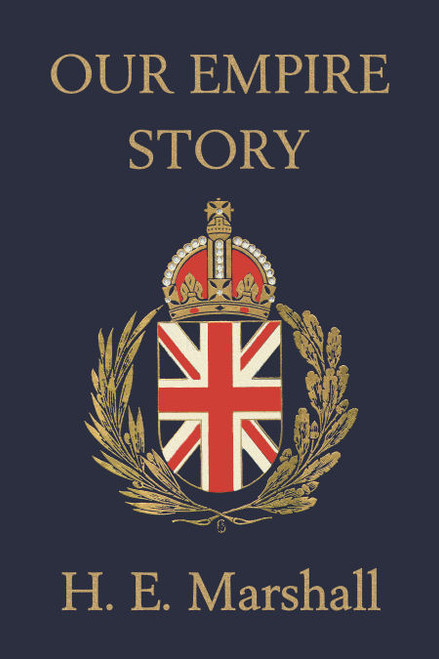From the publisher:
Delightful introduction to the writers of English literature whose works hold the greatest appeal for the youthful reader. The life and personality of each author is given in outline, with enough material quoted from his works to give an idea of what he wrote. For most authors suggestions for further reading are included. The outline of historical background enables the young reader to grasp the connection between the literature and the life of the time. Excellent as a companion to a chronological study of English literature.
Table of Contents:
1. In the Listening Time
2. The Story of the Cattle Raid of Cooley
3. One of the Sorrows of Story-Telling
4. The Story of a Literary Lie
5. The Story of Fingal
6. About Some Old Welsh Stories and Story-Tellers
7. How the Story of Arthur Was Written in English
8. The Beginning of the Reading Time
9. "The Passing of Arthur"
10. The Adventures of an Old English Book
11. The Story of Beowulf
12. The Father of English Song
13. How Caedmon Sang
14. The Father of English History
15. How Alfred the Great Fought with His Pen
16. When English Slept
17. The Story of Havelok the Dane
18. About Some Song Stories
19. "Piers the Ploughman"
20. "Piers the Ploughman"—continued
21. How the Bible Came to the People
22. Chaucer—Bread and Milk for Children
23. Chaucer—"The Canterbury Tales"
24. Chaucer—At the Tabard Inn
25. The First English Guide-book
26. Barbour—"The Bruce," Beginning of a Struggle
27. Barbour—"The Bruce," The End of the Struggle
28. A Poet King
29. The Death of the Poet King
30. Dunbar—The Wedding of Thistle and Rose
31. At the Sign of the Red Pale
32. About the Beginning of the Theater
33. How the Shepherds Watched Their Flocks
34. The Story of Everyman
35. How a Poet Comforted a Girl
36. The Renaissance
37. The Land of Nowhere
38. The Death of Sir Thomas More
39. How the Sonnet Came to England
40. The Beginning of Blank Verse
41. Spenser—"The Shepherd's Calendar"
42. Spenser—"The Faery Queen"
43. Spenser—His Last Days
44. About the First Theaters
45. Shakespeare—The Boy
46. Shakespeare—The Man
47. Shakespeare—"The Merchant of Venice"
48. Jonson—"Every Man in His Humor"
49. Jonson—"The Sad Shepherd"
50. Raleigh—"The Revenge"
51. Raleigh—"The History of the World"
52. Bacon—New Ways of Wisdom
53. Bacon—The Happy Island
54. About Some Lyric Poets
55. Herbert—The Parson Poet
56. Herrick and Marvell—Of Blossoms and Bowers
57. Milton—Sight and Growth
58. Milton—Darkness and Death
59. Bunyan—"The Pilgrim's Progress"
60. Dryden—The New Poetry
61. Defoe—The First Newspapers
62. Defoe—"Robinson Crusoe"
63. Swift—"The Journal to Stella"
64. Swift—"Gullivers Travels"
65. Addison—"The Spectator"
66. Steele—The Soldier Author
67. Pope—"The Rape of the Lock"
68. Johnson—Days of Struggle
69. Johnson—The End of the Journey
70. Goldsmith—The Vagabond
71. Goldsmith—"The Vicar of Wakefield"
72. Burns—The Ploughman Poet
73. Cowper—"The Task"
74. Wordsworth—The Poet of Nature
75. Wordsworth and Coleridge—The Lake Poets
76. Coleridge and Southey—Sunshine and Shadow
77. Scott—The Awakening of Romance
78. Scott—"The Wizard of the North"
79. Byron—"Childe Harold's Pilgrimage"
80. Shelley—The Poet of Love
81. Keats—The Poet of Beauty
82. Carlyle—The Sage of Chelsea
83. Thackeray—The Cynic?
84. Dickens—Smiles and Tears
85. Tennyson—The Poet of Friendship






